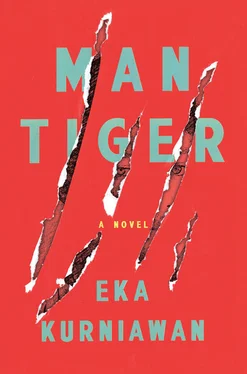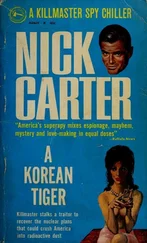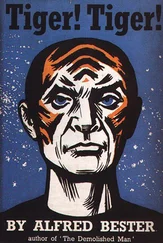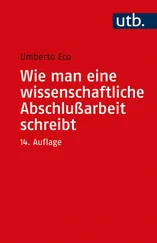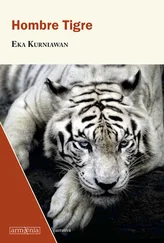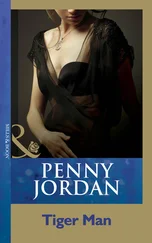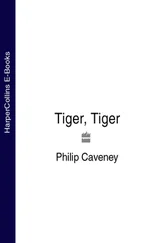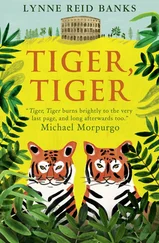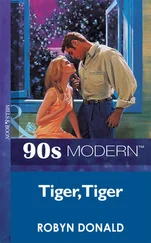Much later, when Eka wrote a short reply to a question about which Indonesian writers impressed him the most, he said he had a melancholy three. The first was Amir Hamzah, Indonesia’s finest poet and a pro-independence aristocrat in Northern Sumatra, executed during the Revolution of 1945–49 by gangsters masquerading as revolutionaries. Second came Pramoedya, and third Widji Tukul, a brave new kind of radical Javanese poet, who was disappeared, probably by the seasoned killers commanded by Lt. General Prabowo, once Suharto’s son-in-law, with maniacal ambitions to become the country’s president. (Fortunately, he was defeated in the national election of 2014 by Djoko Widodo, the much-loved young governor of Jakarta, and the first presidential candidate unsullied by the brutal and corrupt Suharto regime.)
In Indonesia, as everywhere else in our world, serious studies of authors and their works are typically left to drudges in departments of history and literary criticism, thanks to the usual egotism of creative writers or the cliques to which they are attached. Young Eka is a rare exception to this rule. His book is affectionately admiring of Pramoedya’s political courage and innovations in Indonesian letters, but he argued that socialist realism was a passé literary form. Unfortunately, his analysis was almost entirely based on the Buru Tetralogy. What was not accessible to him at the time were the great collections of Pramoedya’s short stories from the 1950s, which are far from socialist realism and full of magical realism avant la lettre .
In 2000 Eka published his first collection of short stories, cheekily titled Graffiti in the Toilet , and two years later the huge novel Beauty Is a Wound . The pair, utterly different in many ways, immediately made him a literary star in Indonesia. The short-story collection showed his skill as a black humorist and satirist of his own generation (including PRD leaders who soon became power-hungry opportunists), and his technical mastery of the conjunction of the oral tales of his childhood village and the bourgeois culture of the post-Suharto big cities. At the other extreme, Beauty Is a Wound is a quasi-historical novel stretching from the late colonial period, through the Japanese Occupation, the Revolution of 1945–49, the long extremist Islamic rebellion of the 1950s, the rise and bloody downfall of the Indonesian Communist Party, and the early Suharto dictatorship. But the setting is not national or even regional: it is an unnamed little town close to the Indian Ocean. Nothing is documented, and everything is suffused with magic, traditional and newly created legends, and confusing oral histories.
Eka once told me that Beauty Is a Wound was born out of three earlier novels, which he decided to agglomerate, with many difficulties, into a vast single tome. One could imagine that consciously or unconsciously it grew out of his criticism of Pramoedya’s socialist realism, and perhaps even challenges the old man’s well-known tetralogy, translated into many languages.
Then in 2004 came Lelaki Harimau , translated here with the slightly awkward title Man Tiger . As in Beauty Is a Wound , the setting is an unnamed township near the Indian Ocean and its rural environs. But this time the novel is relatively short and is tightly and elegantly constructed. The story largely focuses on the tragedy of two interlinked and tormented families over two generations. The hero Margio is an ordinary half-urban, half-village youngster, who nonetheless is possessed by a supernatural female white tiger, inherited from his much-loved grandfather. In many parts of Indonesia there are ancient tales about magical male tigers who protect good villages or families. But they are external and reside in jungles. Eka borrowed from these old stories, but his tiger is female and is inside Margio and only sometimes under his control. I will not here describe the content of Man Tiger , allowing the reader the privilege of suspense.
Instead, let me make some observations on the most important characteristics of Eka’s evolving style, which makes him quite unlike any other living Indonesian novelist. The first is the sheer beauty of his prose and the vast expanse of his vocabulary, which includes contemporary coinages as well as many obscure words, still used in remote villages, but absent in present-day urban-centered dictionaries. The second is the pervasive voice of the storyteller, which rarely has the characters speak, and when they do it is only for a few sentences. The storyteller is a complete unknown — the reader learns nothing about her or his age, gender, occupation, or location — just as with the oral storytellers of the past. The third is a growing discipline in the use of the supernatural. In Beauty Is a Wound , the magical is everywhere, as it is in the still popular traditional puppet theater based on local versions of the Mahabharata and Ramayana epics. In this theater there is always a zoo of gods and goddesses, aristocratic warriors, devils, kings, giants, clowns, ghosts, princesses, and so on, all of whom are iconographically fixed. For example, princesses and queens are always prodigiously beautiful, while the female clowns are physical grotesques. There are no plain-but-fascinating women. In the earlier of Eka’s two novels, women are always either “too beautiful to believe” or horribly ugly. But in Man Tiger there is only one supernatural being, and space is made for ordinary women whose characters develop as the story proceeds. The fourth development is a better grasp on chronology. In Man Tiger , the chapters are marked by well-planned shifts in time, without being flashbacks. The first pages are almost simultaneous with the last. In Beauty Is a Wound there are a great number of time-shifts but they often seem arbitrary and needlessly confusing. Finally, sex. The earlier novel has plenty of sex, but the scenes are flattened out by too much supernaturalism in the manner of the shadow puppet theater. In Man Tiger the sex is often brutal and deceptive, and the tragic plot hinges on this fact. Eka’s decision to make his supernatural white tigers female, and put them at the side of human males alone, is an innovation that allows for different readings of the novel, which is now three-dimensional, rather than two-dimensional in the manner of stories from antiquity. The purport of these comments on Eka’s mature style is to underline his many-sided originality in seamlessly melding the old and the new. No wonder that two of his favorite writers are Gogol and Melville.
On the evening Margio killed Anwar Sadat, Kyai Jahro was blissfully busy with his fishpond. A scent of brine wafted through the coconut palms, the sea moaned at a high pitch, and a gentle wind ruffled the algae, coral trees and lantanas. The pond lay in the middle of a cacao plantation, the trees barren from lack of care, their fruit shriveled and thin, like bird’s eye chilis. The leaves were of use only to the tempeh factories, which collected them every night. Through this plantation ran a creek full of snakeheads and eels, its overflow swelling the swamp around it. Not long after the plantation was declared bankrupt, people had arrived to put up boundary stakes, clear away the water hyacinths and vast tangles of kangkong , and plant the marsh with rice. Kyai Jahro had come with them, but had grown rice for only one season. Rice required too much attention and time. Jahro, who had never heard of Orion — the short-season cultivar— replaced his rice with peanuts, which were more resilient and less trouble. At harvest time his fields yielded two sacks of pods that made him wonder how he would ever eat them all. So he turned his parcel of marsh into a pond and threw in some mujair and nila fry, and it became his favorite pastime to feed his fish before sundown, to watch them mouthing at the brimming water’s surface.
Читать дальше
